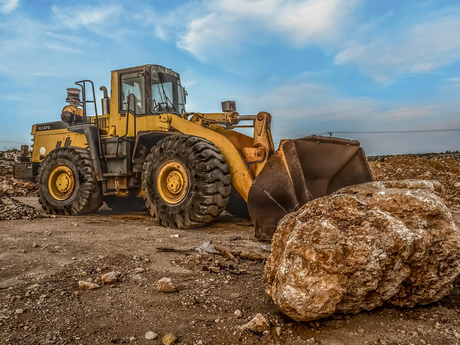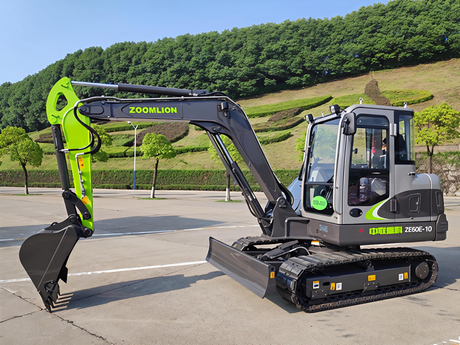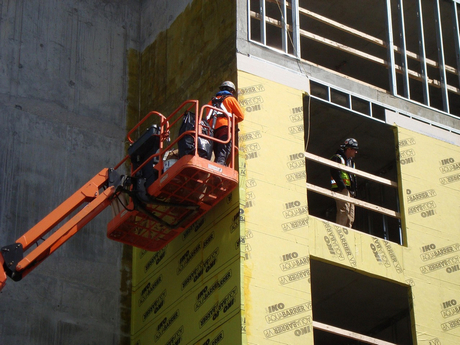|
Many people have the misconception that antifreeze is only a winter product, and that they will pay less attention to it when the weather warms up. However, this is not the case. Antifreeze (or antifreeze coolant, to be more precise) is essential for the normal operation of the engine throughout the year. Today we're going to take a closer look at some of the key points about antifreeze.
What is the engine cooling system? First, let's understand the engine cooling system. The main function of the system is to dissipate the heat generated by the engine to prevent it from overheating, and it circulates the coolant through the waterways inside the engine as well as through external piping. When the coolant flows through the higher temperature of the engine, it will absorb the heat, and then reduce the operating temperature of the engine, to ensure that the engine in the appropriate temperature range of stable operation.
What is antifreeze coolant? Antifreeze coolant, as the name suggests, has both antifreeze and cooling effects. In cold environments, it can effectively prevent the coolant from freezing, avoiding expansion due to icing and cracking of the engine cylinder liner, cylinder block, radiator and other key components; at the same time, it can also increase the boiling point of the coolant, preventing premature boiling and evaporation of the coolant. This magical liquid not only winter can be anti-freezing, summer can be anti-boiling, but also with anti-scaling, anti-rust, anti-corrosion properties. According to relevant statistics, cooling system failure is the primary cause of engine failure, and the core role of antifreeze coolant is to protect the engine, to ensure that it is always in good running condition.
When should I replace the antifreeze coolant? In order to ensure that the engine cooling system continues to work stably, it is necessary to replace the antifreeze coolant on a regular basis. Generally speaking, its replacement cycle is every 2 years or 40,000 kilometers. However, there may be differences between different brands and models of vehicles, and vehicle owners can flexibly adjust the replacement time according to the actual use of the vehicle.
How to determine whether the antifreeze coolant needs to be replaced? Some car owners may ask: how to determine whether it is time to replace the antifreeze coolant? There are two main ways to determine this:
· Seasonal
Visual Inspection Method: Before the seasonal change in winter and summer,
carefully check the color and level of the antifreeze coolant. Through the
color change can be initially judged by the degree of dilution. If the color is
significantly lighter, antifreeze coolant has been diluted, glycol
concentration is reduced, which will lead to a decline in the boiling point,
the freezing point increases, it is recommended to replace immediately; in
addition, if the antifreeze coolant turbidity phenomenon, also need to be
replaced in a timely manner, so as to avoid the failure of the coolant to
affect the normal work of the engine. · Professional equipment testing method: the use of professional testing equipment on the antifreeze coolant for accurate testing. If the antifreeze coolant level is found to be lower than the lowest mark (the normal level should be between the MIN and MAX marks) when the replacement cycle is not yet due, it is important to replenish it to the proper level in time to ensure that the engine cooling performance is not affected.
Can I replace or mix antifreeze coolant with water?
Remember,
antifreeze coolant should never be replaced or mixed with water! This is
because water cannot meet the temperature requirements of the engine under
different operating conditions. Normally, tap water will start to freeze at 0℃,
while high quality antifreeze coolant can still remain liquid at -30℃;
water boils at 100℃, while antifreeze coolant needs to reach 107℃ before boiling. If you add water to the antifreeze coolant, it will lead to its
freezing point, and the impurities contained in the water will make the
antifreeze coolant gradually produce deposits, while accelerating the corrosion
process inside the engine cooling system or trigger scale blockage, and
ultimately seriously affect the overall effectiveness of the cooling system,
and even cause irreversible damage to the engine.
|




























